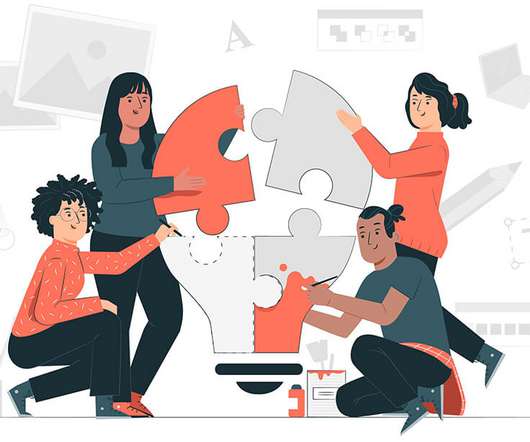Deeper eLearning Design: Part 6 – Putting It All Together
Learnnovators
OCTOBER 8, 2015
And helping SMEs focus on decisions and skills, not knowledge, working with them in a partnership rather than them as a fount of knowledge is helpful. This shouldn’t be (just) how much they like it (though that is not a bad thing to evaluate), but how effective the outcome is. Having end user stakeholders (e.g.






















Let's personalize your content